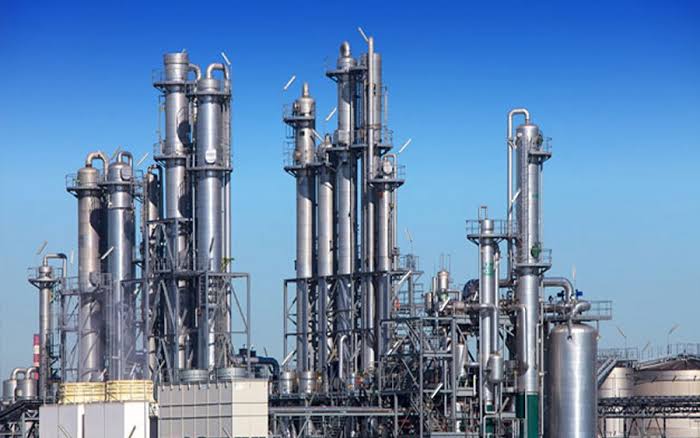The Federal Government of Nigeria has imposed a ban on the export of crude oil designated for local refineries. This decision is aimed at boosting the country’s refining capacity, reducing the importation of refined petroleum products, and easing the pressure on foreign exchange resources.
The new policy targets around 500,000 barrels of crude oil per day that were previously being diverted to international markets by producers and traders for quick foreign exchange gains.
In a statement from the Nigerian Upstream Petroleum Regulatory Commission (NUPRC), the government made it clear that any crude oil allocated for domestic refining must remain within the country unless prior approval is obtained. The commission also stated that it would no longer grant export permits for cargoes intended for domestic refining.
On February 2, 2025, Engr. Gbenga Komolafe, the CEO of NUPRC, addressed exploration and production companies, stating that diverting crude oil intended for local refineries is a violation of Nigerian laws. At a recent meeting with industry stakeholders, including more than 50 refiners and producers, both sides discussed the challenges surrounding the implementation of the Domestic Crude Supply Obligation (DCSO) policy.
While refiners argued that producers often fail to meet supply agreements and prefer exporting crude, producers contended that refiners often fail to meet commercial terms, forcing them to seek alternative markets.
The NUPRC has set clear guidelines for addressing these concerns, urging refiners to follow international procurement best practices and reminding producers that any changes to the DCSO agreement must be approved by the NUPRC before crude oil is sold abroad. Komolafe cited Section 109 of the Petroleum Industry Act (PIA) 2021, which aims to ensure a stable supply of crude to domestic refineries and improve the nation’s energy security.
Nigeria’s domestic refineries, including those operated by Dangote, Port Harcourt, and Warri, require approximately 770,500 barrels per day to meet their refining needs for the first half of 2025. This volume represents about 37% of the country’s total projected daily crude oil production of 2.06 million barrels. The government’s strategy, which is part of the broader “Naira-for-Crude” program, aims to ensure that domestic refineries receive crude oil in naira and sell refined products in the local currency.
This move is expected to positively impact Nigeria’s economy by reducing the country’s reliance on imported refined petroleum products, thus strengthening local refining capabilities. The NUPRC also announced that, under its Project One Million Barrels initiative, the capacity for domestic crude production has been increased, which should help meet the requirements of local refineries.
Meanwhile, Nigeria’s oil production has seen an improvement, with daily output rising by 7.38% year-on-year to 1.67 million barrels per day in December 2024. However, despite this growth, the country still failed to meet its OPEC production quota of 1.5 million barrels per day for the year.










